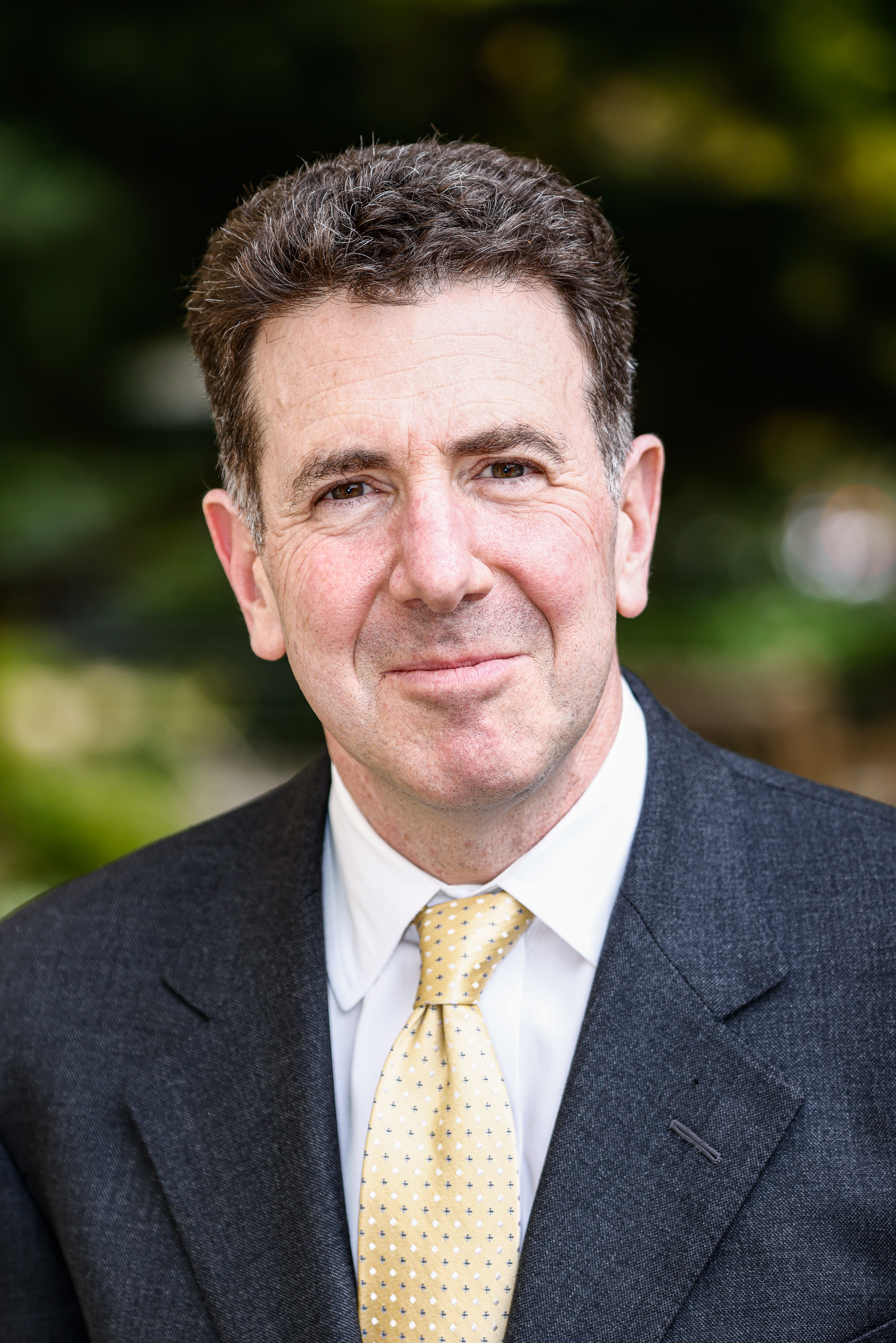

President Trump, who announced Abu Bakr al-Baghdadi’s death in remarks on October 27, is right to laud this moment and praise the many officials and countries that helped make it happen, writes Daniel L. Byman. Unfortunately, even in a moment of genuine triumph, the president could not resist meandering remarks, inappropriate asides, and distortions of his own record. This piece originally appeared in Lawfare.
The reported killing of Abu Bakr al-Baghdadi during a Special Operations Forces raid is an important milestone in the war against the Islamic State—and, more generally, in the struggle against terrorism. President Trump, who announced al-Baghdadi’s death in remarks on Oct. 27, is right to laud this moment and praise the many officials and countries that helped make it happen. Unfortunately, even in a moment of genuine triumph, the president could not resist meandering remarks, inappropriate asides and distortions of his own record.
Al-Baghdadi’s death is a significant setback for the Islamic State and a win for the side of justice. As the president noted in his remarks, Baghdadi was “sick,” “depraved” and “vicious.” His killing removes the so-called caliph from the jihadist scene at at time when the so-called caliphate has been forced underground. Al-Baghdadi was charismatic and competent, and whoever is named as his successor—like some of Baghdadi’s predecessors—may prove inept, unable to lead the caliphate’s remnants or inspire the new generation. And whatever the successor’s abilities, if he doesn’t want to share al-Baghdadi’s fate, he will need to hide and avoid communicating and, thus, will face difficulties rebuilding his organization.
In his remarks, the president started off strong, praising the “incredible” special operations forces for their skill and daring and emphasizing the importance of al-Baghdadi’s death. Americans should truly rejoice after President Trump announced, “Last night, the United States brought the world’s No. 1 terrorist leader to justice,” and there is reason to be confident in the truth of the president’s statement that the United States is now hunting al-Baghdadi’s likely replacements. Trump’s speech also deserves credit for praising U.S. intelligence officers and other counterterrorism professionals—communities that the president has often attacked but that deserve credit for keeping the country safe from terrorism. The president was generous in thanking allies, an unusual departure for a leader well-known for criticizing U.S. partners as freeloaders. (I also liked his praise of a “beautiful” and “talented” dog that was injured on the raid, but that’s just my soft spot.)
The eventual tone of Trump’s remarks, however, diminished the solemnity of the moment. This could have been a signature moment for the president, giving him a chance to offer a powerful message of purpose and unity. Instead, Trump gloated that al-Baghdadi “died like a dog. He died like a coward” and that he “spent his last moments in utter fear, in total panic and dread, terrified of the American forces bearing down on him.” I hope all that is true, but of course there is no way to know Baghdadi’s feelings as he faced death, and such boastful speculation is unworthy of the seriousness these events deserve.
Trump’s speech and his subsequent responses to reporters’ questions also meandered, with the president repeating himself and bringing in the Muslim ban, among other issues. He called the terrorists “losers” and “frightened puppies,” language more suitable for the playground than the White House.
The president also revealed that U.S. forces seized “highly sensitive material and information from the raid, much having to do with ISIS—origins, future plans, things that we very much want.” If true (and I hope it is), such information is perishable, and it should be analyzed and acted on before it is even hinted at. The more the enemy knows about what the United States knows, the better it can respond.